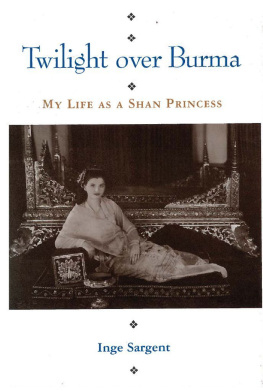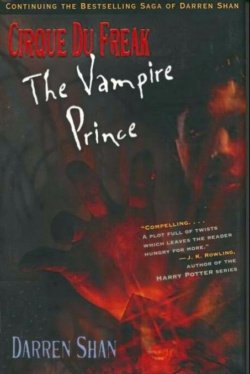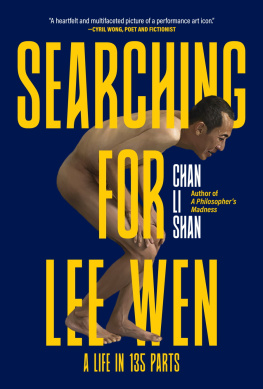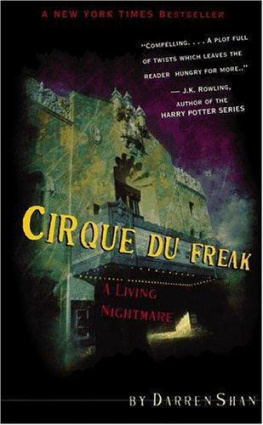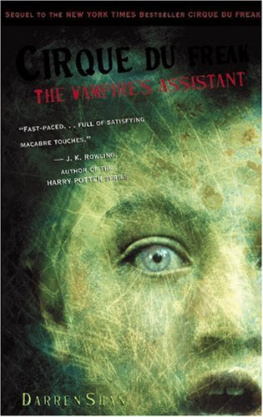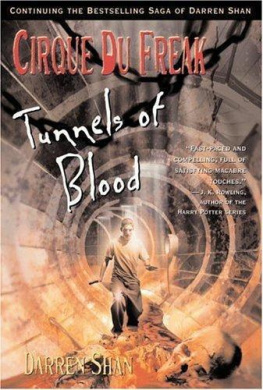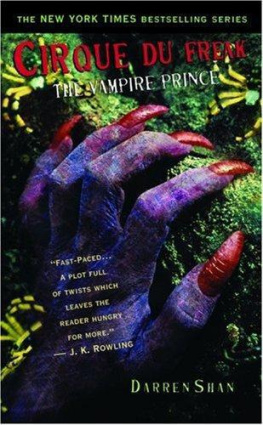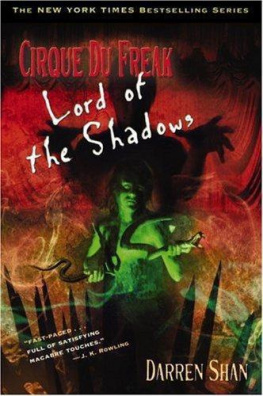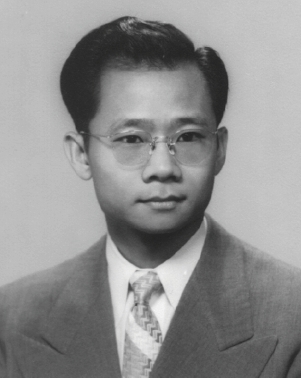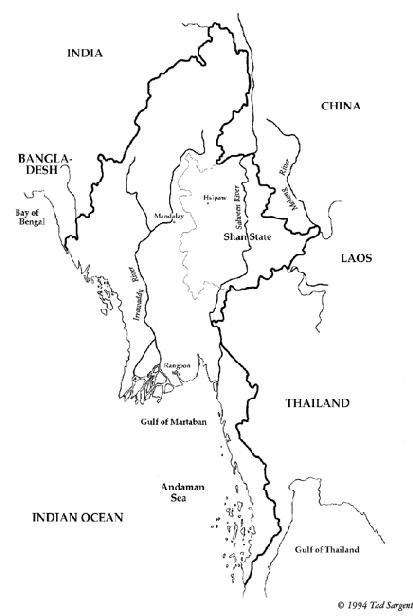Twilight over Burma
Twilight over Burma
M Y L IFE AS A S HAN P RINCESS
Inge Sargent
With a foreword by
Bertil Lintner
A Kolowalu Book
University of Hawaii Press
Honolulu
1994 University of Hawaii Press
All rights reserved
Printed in the United States of America
00 99 98 97 96 95 5 4 3 2
Library of Congress
Cataloging-in-Publication Data
Sargent, Inge.
Twilight over Burma : my life as a Shan princess / Inge Sargent ; with a foreword by Bertil Lintner.
p. cm.
ISBN 0824816234.
ISBN 0824816285 (pbk.)
ISBN 978-0-8248-6533-7 (e-book)
1. Kya Seng, Sao. 2. Shans (Asian people)Kings and rulersBiography. 3. Sargent, Inge. 4. Shan State (Burma)Politics and government. I. Title.
DS530.8.S45K937 1994
959.105092dc20
[B] 94-17047
CIP
University of Hawaii Press books are printed on acid-free paper and meet the guidelines for permanence and durability of the Council on Library Resources.
Designed by Paula Newcomb
This book is dedicated to the memory of Sao Kya Seng, the Prince of Hsipaw
(Arthur Lord Lee photo)
C ONTENTS
A CKNOWLEDGMENTS
I could not have written this book without the loving support of my family: my husband, Tad, whose gentle insistence and encouragement kept the project from faltering; my daughters, Mayari and Kennari, who with my son-in-law, Andrew, strengthened my resolve to tell the story of their father, Sao Kya Seng, and of his people. My heartfelt thanks go to them.
I am grateful to my mother, Elfriede Eberhard, for saving my letters from Hsipaw, which helped to refresh my memory. I wish to thank the members of my writers group, Kirby, Kay, and Robert, for their constructive comments as the work progressed. Kate Clanchie provided helpful editorial comments at an early stage, and I am grateful to her.
This publication would not have been possible without the invaluable help of Bob Pritzker and Charles Goodman; I shall always be indebted to them. I also wish to thank Bill Hamilton of the University of Hawaii Press for his interest in my story.
Last but not least, I must express my gratitude to the brave men and women in various parts of Burma, and to compassionate people elsewhere, who rendered assistance in our most desperate hours. It would not be prudent to name many of them here, but they know who they are. I shall never forget them.
K EY P ERSONS A PPEARING IN T HIS B OOK
A FEW NAMES HAVE BEEN CHANGED TO PROTECT PEOPLE STILL LIVING.
S AO K YA S ENG (sao-cha-SENG). Saophalong, Prince of Hsipaw, hereditary ruler of the Shan state of Hsipaw. Often referred to as Sao.
T HUSANDI (TOO-sahn-dee). Austrian-born wife of Sao Kya Seng; Mahadevi of Hsipaw, also referred to by her Austrian name, Inge, or Sao Mae (Royal Mother).
M AYARI (MY-uhr-ree) AND K ENNARI (KAY-nuhr-ree). The daughters of Sao and Thusandi.
M OEI (MWAY). Shan maid and confidante of Thusandi.
N AI N AI (NIGH-NIGH) AND P A S AW . Shan nannies.
K AWLIN. Shan butler.
B UKONG (boo-KONG), M EHTA (MAY-ta), Z INNA, A I T SENG, AND B A A YE. Shan employees at the East Haw.
N ANDA. Shan cousin of Sao Kya Seng; Mahadevi of previous prince.
U H TAN (oo-TAHN). Chief minister of Hsipaw State.
S AO K HUN L ONG. Brother of Sao Kya Seng.
N ANG L AO. Wife of Sao Khun Long.
A MBASSADOR AND M RS. K OLB OF A USTRIA. Headquartered in Karachi.
P ROFESSOR H ANS H OFF. Austrian psychiatrist.
U K HANT. Burmese friend; brother of UN Secretary-General U Thant.
B O S ETKYA (Boh-SET-cha). Burmese politician and businessman. One of the Thirty Comrades.
U N U (oo-NOO). Prime minister of the Union of Burma. Deposed and imprisoned by Ne Win in 1962.
M ABEL. British-born wife of Sao Hkun Hkio (sao-kuhn-CHOH); Mahadevi of Mongmit State.
P AULA AND B ETTAN. Helpful friends in Rangoon.
N E W IN (nay-WIN). Burmese Army general; leader of 1962 coup dtat and dictator of Burma since 1962.
M AUNG S HWE (Mawng-SHWAY). Burmese Army colonel in charge of Eastern Command (Shan states).
T UN O UNG. Burmese Army colonel in charge of Hsipaw State.
C OLONEL L WIN. Head of Military Intelligence (MIS).
BURMA
Showing cities, towns, and locations mentioned in the text
F OREWORD
On a sunny summer afternoon in June 1966, a small Volkswagen Beetle made its way toward Schloss Laudon, a baroque castle operated privately as a luxury hotel in the 15th Bezirk, or district, of Austrias capital, Vienna. The iron gates to the estate were closely guarded by the Austrian police, who let the vehicle pass, since it carried official diplomatic identification from the Royal Thai Embassy in Vienna.
The Beetle chugged along the gravel road through the neatly trimmed garden that surrounded the castle and came to a halt right outside the building. A young European woman, her hair tied in a bun in Southeast Asian fashion, got out of the car and climbed the marble steps to the castles main entrance. Two Eurasian girls, ten and seven years old, clutched her hands. They boldly entered the castles round entry hall, which was furnished as an elegant lobby with rococo furniture and dark wooden panels.
The hotel guests, all of whom were Asians, stared in round-eyed wonder at the intruders. Still holding her two daughters by the hand, the lady quickly surveyed the hotel guests, spotted her target, and approached a woman in the party whom she addressed in fluent Burmese. I want to see the general.
The Burmese lady glanced up a flight of stairs leading to a balcony on the second floor. The European ladys eyes followed hers, and she saw a tall Asian man on the balcony, hurriedly turning behind the balustrade and disappearing through one of the doors, which he resolutely shut behind him.
Please be seated and have a cup of tea, the Burmese lady nervously suggested.
No thank you. I have come here to discuss personal matters with the general, the other lady replied, holding her head high as the two little girls clung shyly to her hands.
Er, hes resting. Hes not so well, you see, the Burmese lady replied hesitantly.
Not well? He seemed perfectly fit to me when he ran into that room upstairs, the European lady fired back.
The tall man who had vanished into the room on the second floor was, in fact, Burmas then military dictator, General Ne Win, who had seized power in a coup dtat four years before. The Asian lady was his wife, Khin May Than, who was also known as Kitty Ba Than, and they were on a visit to Vienna, where the general was receiving treatment for an undisclosed mental disorder. Accompanied by an entourage of nearly fifty high-ranking army officers and military intelligence agents, they had rented the entire Schloss Laudon while Ne Win went for daily consultations with one of Austrias most noted and respected psychiatrists, Dr. Hans Hoff.
The stalwart European lady who so boldly confronted the top echelons of Burmas ruling elite was Inge Eberhard. She was better known as Sao Nang Thusandi by the subjects of one of the most prosperous of the Shan states of northeastern Burma, in the valley of Hsipaw along the old Burma railway from Mandalay to Lashio. Her husband, Sao Kya Seng, had been the last saopha , or prince, of Hsipaw, and the two girls who were with their mother in Schloss Laudon in June 1966 were the young princely couples daughters, Mayari and Kennari.

